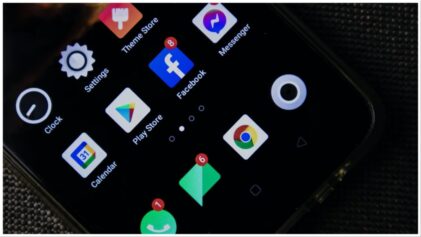Google has issued an update to its Chrome browser that lets you use everyday language like “how do I get there?” to interact with its search — and lets the browser respond vocally as well. It’s still an early form of what the search giant demonstrated on stage at Google I/O, but it’s an indicator of features to come.
The live demonstration last week had Google’s Johanna Wright planning an afternoon in Santa Cruz, asking about places to eat, things to see, and how long it would take to drive between them. And the catch was that not only was she only using voice, but she was using words like “there” and “it” instead of, for example, the name of the restaurant.
That’s surprisingly difficult: Google has to “keep in mind” that the place you’re talking about is the place you asked about earlier, and that words like “here” or “me” mean your actual current location. If you ask about a restaurant, and then follow up with “how far away is it?” Google has to infer the meaning of “it,” and to what location the distance should be calculated. Easy for humans, but not for search engines.
It’s still pretty rough — in our tests, it confused “where,” “what,” and “when” frequently, and often failed to include the object of the previous search in new ones. For instance, a spoken search easily found a nearby national park, but no query (“How do I get there?” “How far is it?” “Show me directions”) would yield useful map data.
The voice responses could be handy for quick questions like “when was Julius Caesar born?” to which Google can respond quickly and verbally — but for more complex queries and follow-ups, it might make sense to reach for the keyboard, or just click one of the links provided.
Not included in the update was the “hotwording” ability also shown at I/O that allows the voice-based search to launch without a click when the user says “OK Google.”
Conversational search should be live in the Chrome desktop browser now, and should be coming soon in some form to both Android and iOS for mobile.


